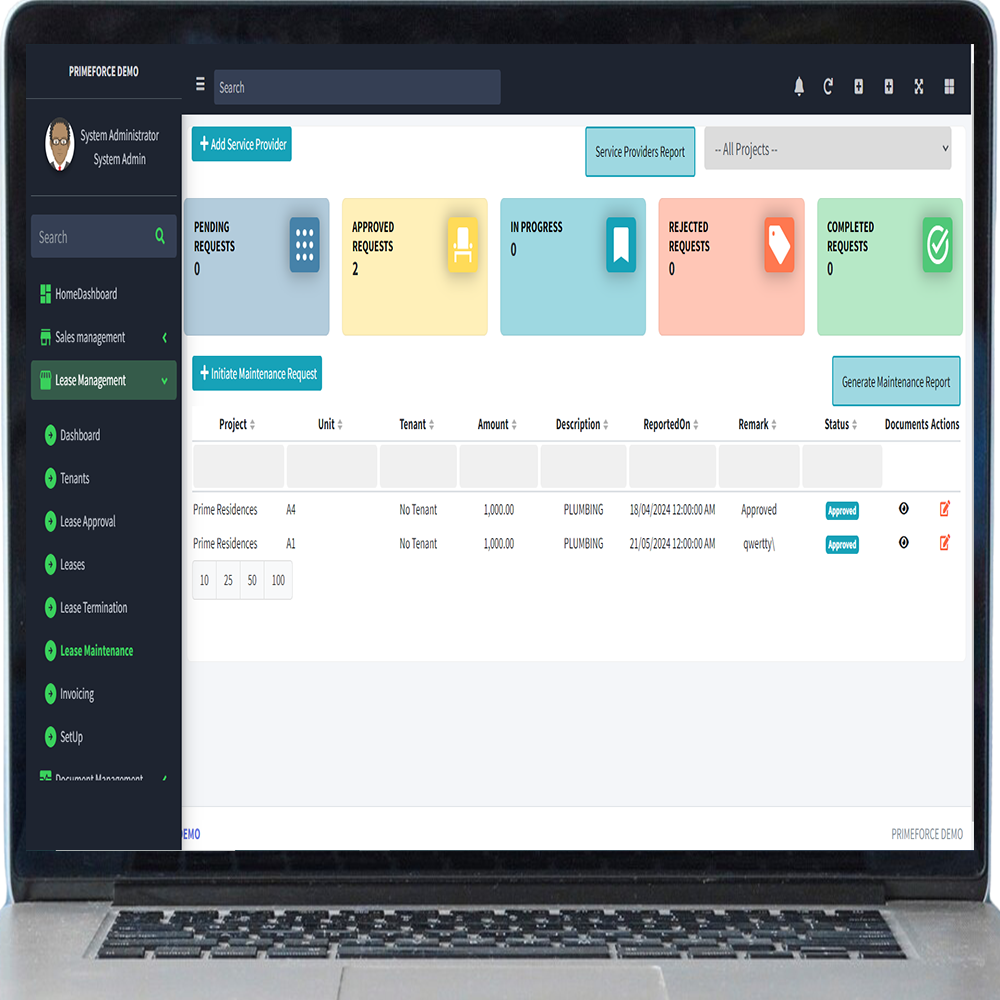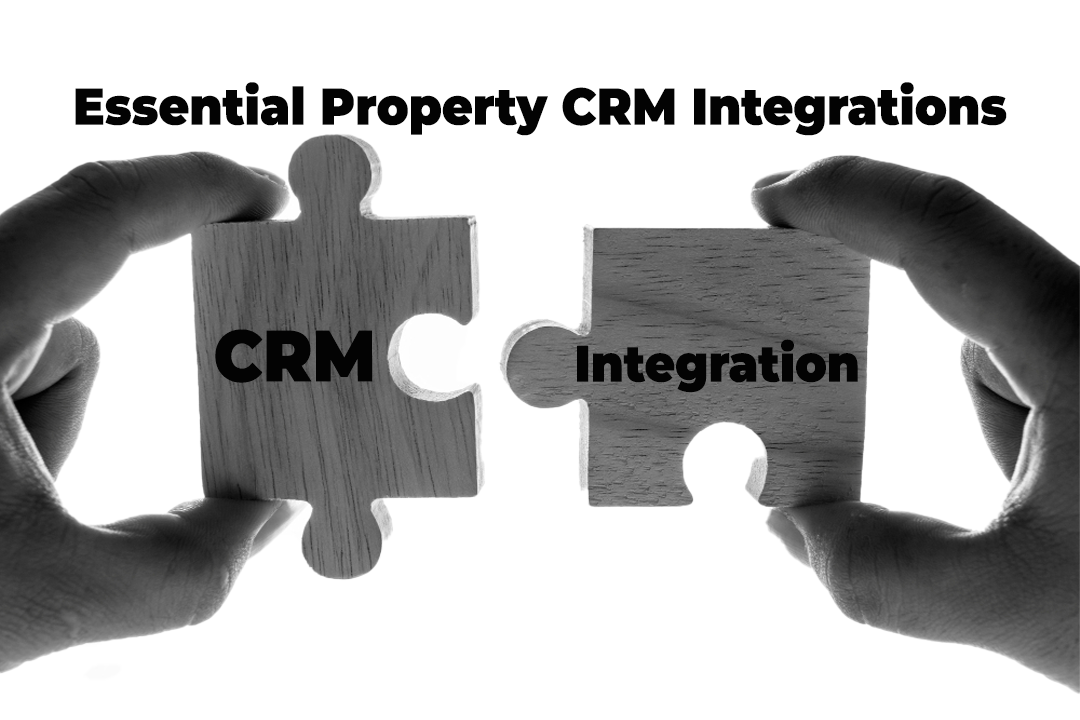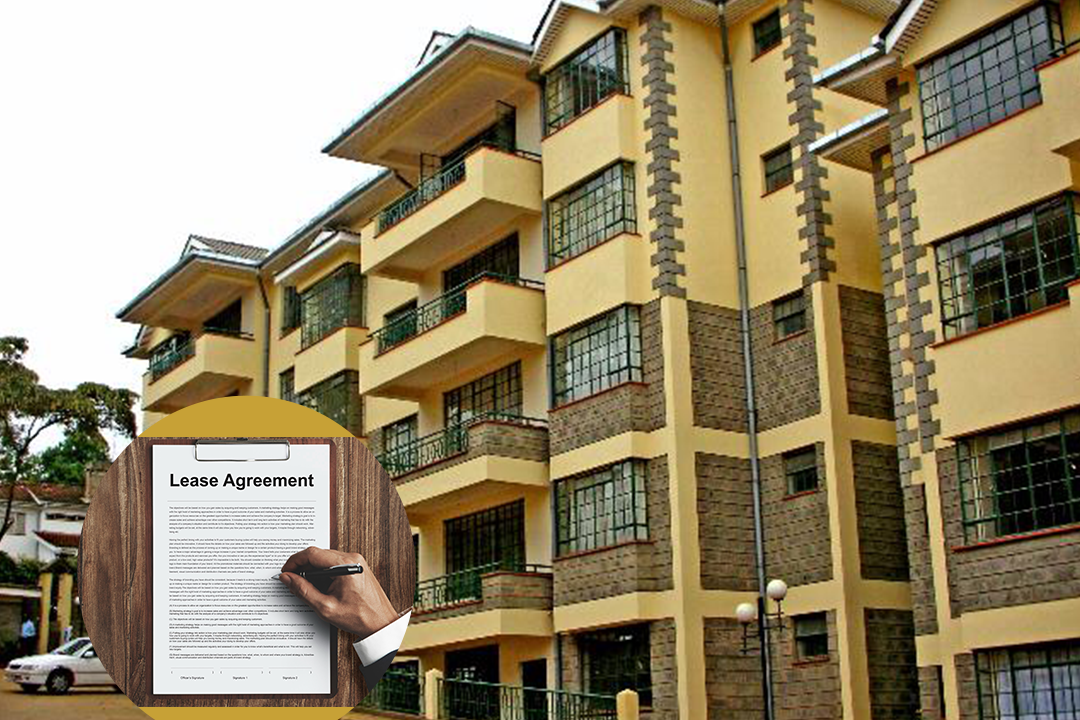 Remote Rental Management: Seamlessly Overseeing Properties from Afar
Remote Rental Management: Seamlessly Overseeing Properties from Afar
In today's world, where innovation is often equated with progress, technology has significantly impacted all aspects of our lives. This is especially evident in property management, where advanced solutions have revolutionized the management of properties and the creation of guest experiences. Successfully managing properties from a distance requires a strategic combination of technological skills, effective communication, strong local partnerships, and the ability to adapt.
This article explores effective strategies to overcome remote management huddles and maintain a successful rental business despite the distance.
Understanding the Challenges
Remote property management has its unique set of obstacles:
- Communication Barriers: Time zone discrepancies and cultural nuances can hinder effective communication with tenants and local service providers.
- Trust and Accountability: Lack of trust in the people you have entrusted with managing your property can be a big concern. On the other hand, a lack of accountability to those who are entrusted can be a catalyst for failure.
- Market Fluctuations: Staying informed about rental market trends and economic conditions in Kenya from a distance can be challenging.
- Financial Management: Remotely managing rental income, expenses, and tax obligations is not possible while constantly engaging in other activities.
Overcoming Obstacles
- Technology is Your Ally: Use technology to bridge the distance gap. Employ an efficient property management software to streamline operations, communicate with tenants, and track financial performance.
- Build a Strong Local Team: Partner with a reliable property manager or management company on the ground to handle day-to-day tasks like maintenance, rent collection, and tenant relations. This will ensure that your business is running smoothly no matter your proximity.
- Effective Communication Channels: Establish clear communication protocols with tenants, property managers, and service providers. You can utilize email, phone calls, and video conferencing to stay connected and informed on the onsite status of the property and tenants' welfare.
- Regular Property Inspections: Ensure you conduct virtual inspections or you can hire a trusted local representative to conduct physical inspections on your behalf. This will help you maintain property conditions and identify potential issues early on.
- Financial Management Tools: To be in control of your financials, use cloud-based accounting software to track income, expenses, and tax obligations. Equally, automate rent collection and payment processes to streamline financial management.
Additional Tips
- Emergency Preparedness: Have a plan e.g., an insurance plan in place for unexpected situations like tenant emergencies or property damage.
- Regularly Review Performance: Track the rental income, the expenses incurred, and occupancy rates to assess your investment's performance.
- Build Trust: Ensure you have open communication with your tenants and address their concerns promptly to foster a positive tenant-landlord relationship.
Wrap Up
In the constantly changing world of remote property management, we've examined the strategies necessary for success in this dynamic industry. By utilizing technology, having definite communication channels, and establishing a dependable local support system, your journey in managing properties from a distance is filled with opportunities and challenges. Getting this right can lead to real financial freedom.









